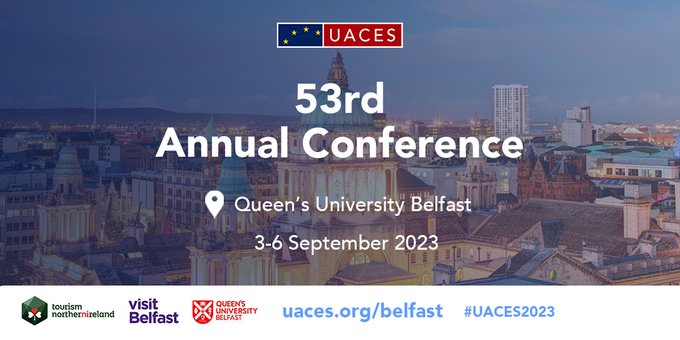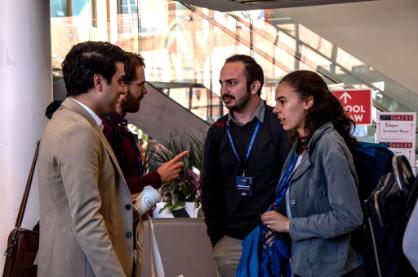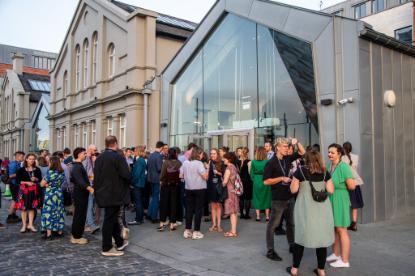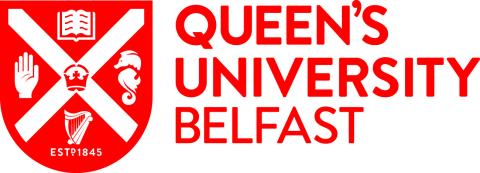UACES 53rd Annual Conference
School of History, Anthropology, Philosophy and Politics hosts 53rd Annual Conference of the University Association of Contemporary European Studies (UACES)

The start of the new academic year saw the School of History, Anthropology, Philosophy and Politics host more than 380 academics, researchers and practitioners from across Europe and beyond for the annual conference of the University Association of Contemporary European Studies (UACES).
Co-organized by Viviane Gravey with Lee McGowan and David Phinnemore, the conference involved a hundred panels and more than 300 paper presentations on the European Union and aspects of European integration as well as three plenary panels on EU enlargement, Ukraine and European integration, and the prospects for the European Political Community.
Delegates also enjoyed a generous evening reception at Belfast City Hall and an annual conference dinner at the splendid Titanic Hotel on a decidedly balmy September evening.
The feedback on the conference - “a masterclass in conferences”, “an excellent annual conference. Great panels, venue, events, and people” - tells a story of a great conference and a great time in Belfast.









